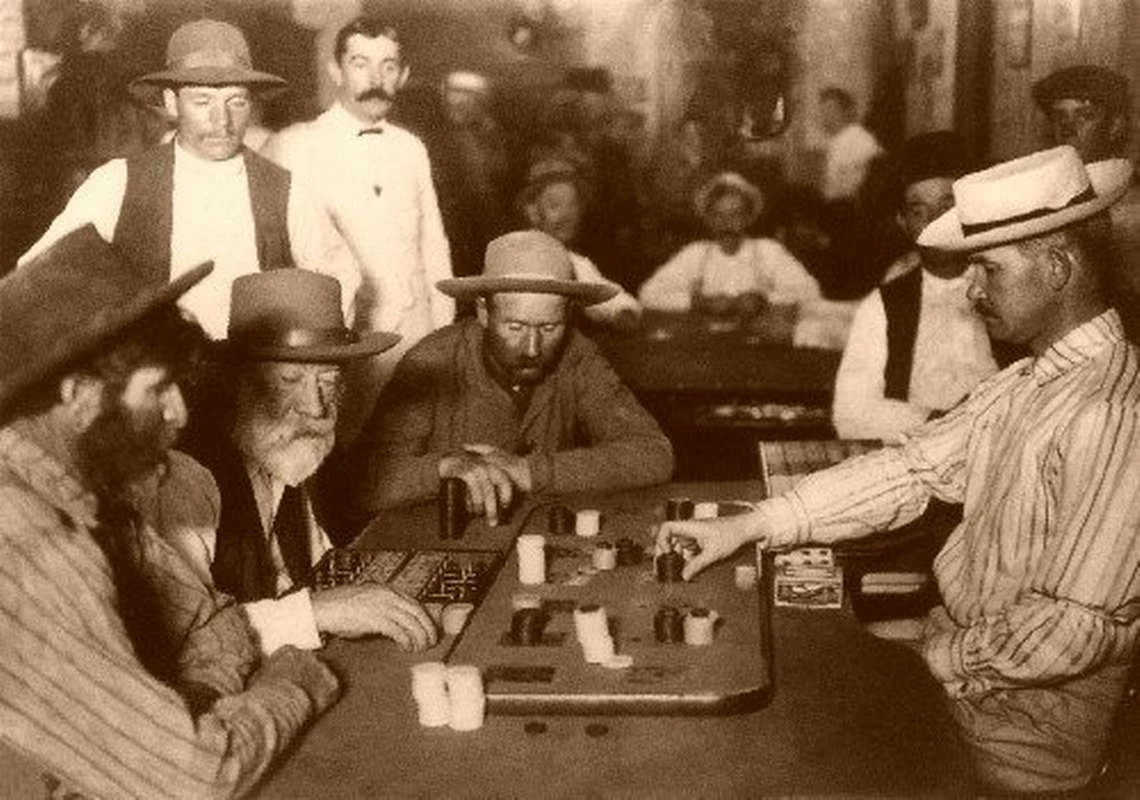- Roughly 50% of crypto transactions are gambling related.
- Crypto is the fastest-growing sector of the gambling industry.
- The attributes and characteristics of crypto such as speed, anonymity and borderlessness make it perfect for gambling.
- Laws and regulations make gambling with government currency very high friction.
Crypto and government currency gambling comparison for the player
Government currency gambling for the player (in permissive jurisdictions such as Australia and the UK)
- 15 minutes for signup and deposit if you use a credit card, otherwise 2 business days for bank-to-bank deposit
- Send in the front and back of your credit card, government ID and utility bill then wait for verification before you can withdraw
- 2 business days for withdrawal
- The operator can charge your credit card, sell your information or have it stolen and push market your marketing material you don’t want
- Multiple records available for taxman, banker, spouse, police, et cetera
Government currency gambling for the player (in restrictive jurisdictions such as the USA, China and India)
- Fee to the operator for depositing less than $1000
- Limited deposit options are high-cost, slow and inconvenient
- 1 free withdrawal via cashier’s check per month, $50 for every additional withdrawal
- Deposit and withdrawal times are up to 2 weeks
Crypto gambling for the player
- Free and instant deposits and withdrawals of any amount 24/7
- Anonymity gives fast sign-up and privacy for personal, legal and tax reasons
- Better payouts due to operator cost savings. This will become 0% house edge
- Provably fair gambling prevents rigged games by making it impossible for the casino to know or decide what the next card or number will be
Crypto and government currency gambling comparison for the operator
Government currency gambling for the operator
- 3% average transaction fees.
- Constant chargebacks and fraud.
- 99% visitor dropout rate during the high-friction signup and deposit process.
- Onerous licensing requirements including taxes, fees and having to identify your customers, cause fraud.
Crypto gambling for the operator
- No transaction fees, chargebacks or financial fraud.
- Anonymous customers mean no know your customer and ID fraud.
- Reduced friction means a far higher conversion rate, 95% dropout instead of 99%.
- Not dealing with banks means less need to comply with laws, taxes and license burdens.

Some people still use government currency.
Crypto will change gambling forever
- $3 trillion is gambled every year in the current high friction high house edge paradigm
- This will increase with the low friction, low house edge and the new possibilities crypto gambling provides
- Gambling will not be considered such a social ill when 0% house edge products mean gamblers usually break even
Gambling is good for crypto
- The crypto gambling industry pushes the envelope of technology and censorship resistance, moving the crypto ecosystem forward
- Crypto prices have and will continue to increase due to gambling volume
- Crypto will take 2% of the gambling market within 3 years and 5% within 5 years
- 5% of $3 trillion is $150 billion, and Bitcoin’s current yearly transactions are $20 billion. 20 goes into 150 7.5 times pointing to a 7.5 X price increase from $275 to $2062 within 5 years
Updated figures
March 1, 2015
So far my prediction is on track, yearly transactions are now $32 billion and the price has gone from $275 to $430. To update the figures 32 goes into 150 4.6 times, pointing to a 4.6 X price increase to $1978.
For this to happen on Bitcoin we need bigger blocks and for the Bitcoin network to handle a lot more transactions per second. If Bitcoin fails to scale the usage will move to altcoins. The current delay in enabling this is a major drag on adoption, the price and gambling.

Nakul Shah
Author
In 2016, I worked on my first client to help write a white paper for a crypto and blockchain project they were building, and started delving deeper into blockchain and distributed ledger technology.
More by Nakul Shah




